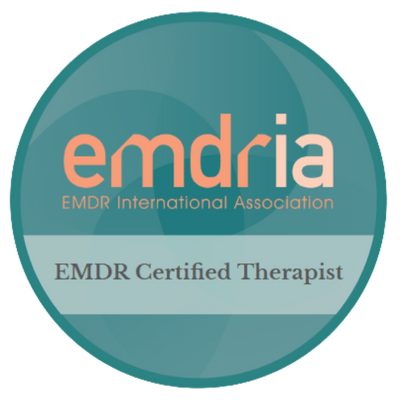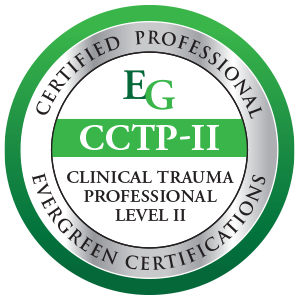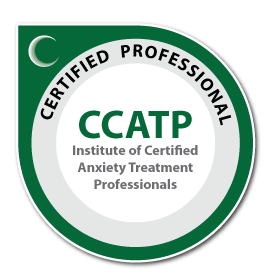
In my clinical work, people who are dealing with trauma, anxiety, emotional regulation and interpersonal relationship issues often describe their experience as feeling stuck and disconnected to self and others.
My goal at Transform PsyCare is to empower and journey with you to transform so you can eventually achieve a good, pleasing and perfect life that you deserve.

Hi, I’m Joycelyn Chieng!
I am the founder of Transform PsyCare, where I practise as a principal counsellor, psychotherapist, and supervisor/consultant.
With extensive clinical experience since 2011, I have had the privilege of working with individuals of all ages, from diverse cultural backgrounds and walks of life, in a range of organizational settings.
I offer in-person and online sessions for individuals in Singapore and beyond.
🗣️I am fluent in English, Mandarin and Foochow.
I work with children, adolescents and adults battling with excessive anxiety, living through a terrifying event or chronic relational traumas, feeling powerless and isolating.
I am most passionate about helping you understand your triggers, rebuilding your sense of self and regaining control of your emotions so that you could achieve peaceful moments and life satisfaction.
My specialties include trauma, anxiety, emotional regulation and interpersonal relationship therapies.
The therapy modalities I am specialized in include EMDR, CBT, TF-CBT and SFBT.
Values are guiding principles for how we live our lives. They act as a compass to ensure that we are always heading in the intended direction. Here are some of the values that guide me as a therapist.
Client-centered: In a safe therapeutic space, where you can feel heard and understood, I find out what your therapy goals are and getting your feedback on a regular basis. From there, my priority is to provide the tools you need to take steps towards feeling better. When working with your younger ones, I will integrate expressive techniques to help them learn coping strategies.
Trustworthy: Individuals who choose me as their therapist desire an empathetic, non-judgemental, trauma-informed and evidence-based approach. They value collaboration, open-mindedness and commitment to embark on their journey to transform.
Growth: In order to safeguard you and ensure the level of the services you received, I invest in continuing professional development to maintain, develop, and enhance my professional competency.
Eye-Movement Desensitization & Reprocessing therapy (EMDR): EMDR can transform our feelings and beliefs associated with overwhelming memories, so that we are no longer triggered by them in the present.
Cognitive Behavioural Therapy (CBT): We study how the way that we look at situations affect our feelings, behaviors, and our body. Once we are aware of the role that our thoughts are playing, we are in a better position to notice and challenge them when they get in the way.
Trauma-Focused CBT (TF-CBT): TF-CBT is a manualized approach aims to help younger ones and their families with trauma and its related symptoms. We follow a specific curriculum, so that younger ones have the opportunity to speak about their traumas freely while gaining insight and tools for how to cope with their stress response.
Solution-Focused Brief Therapy (SFBT): SFBT is a strength-based approach based on solution-building rather than problem-solving. We concentrate on our strengths, resources and desires. With the focus shifted to what is already working in our life, and how things will look when they are better, more room opens up for the solutions to arrive.
Attachment-Focused EMDR (AF-EMDR): AF-EMDR is client-centered and emphasizes a reparative therapeutic relationship using a combination of (1) Resource Tapping to strengthen clients and repair developmental deficits, (2) EMDR to process traumas, and (3) talk therapy to help integrate the information from EMDR sessions and to provide the healing derived from therapist-client interactions.
Emotionally Focused Individual Therapy (EFIT): Attachment refers to the emotional bonds we form with others. Our earliest interactions with caregivers often serve as templates that influence how we relate to others in the world. Exploring our attachment styles and emotional patterns in therapy sessions can provide valuable insights into our current behaviours.
Developmental Needs Meeting Strategy (DNMS): DNMS helps heal childhood trauma by first creating a team of supportive inner resources. Together with the therapist, these resources provide the emotional care and compassion that was missing in childhood. As these wounds heal, negative behaviours, beliefs, and emotions fade, leading to improved self-esteem and fewer internal conflicts.
Internal Family Systems (IFS): IFS helps us understand and heal different 'parts' of our personality, like the part that feels afraid or the part that gets angry. Each part has its own thoughts and feelings, often shaped by past experiences. By connecting with our calm, wise Self, we can heal these parts, reducing inner conflict and improving our ability to handle life’s challenges.
Brainspotting (BSP): Where we look affects how we feel. We start by locating the exact position of our eyes that brings up negative feelings, physical pain, or memories. With curiosity and mindful focus, our brain begins to take down the walls that have kept us from dealing with an issue, and starts to heal itself.
Dialectical Behavior Therapy (DBT): This approach teaches us how to deal with difficult emotions, handle stress, pay attention to the here and now, and communicate more effectively.
Mindful Self-Compassion (MSC): By slowing down and paying attention to the present moment, we develop the ability to focus on our experience without judgement. We get better at observing our emotions without over-reacting or acting in unhelpful ways. We develop and bring loving awareness to ourselves. MSC cultivates a state of warm, connected, presence during difficult moments in our lives.
Expressive Therapy: Expressive therapy enables emotional expression, growth, and healing by integrating psychology and the creative process. In a therapeutic setting, we use visual tools, arts, miniatures, sand tray and dance movement to encourage self-discovery and change.
Since 2011, I have worked in the helping field in various capacities. Some of these roles include intern/volunteer counsellor at school and voluntary welfare organisations, school counsellor at Ministry of Education, college counsellor at university, and as a trauma therapist in private practice agency.
Through these roles, I’ve had the chance to work with individuals from all age groups, cultural backgrounds and social statuses on a wide range of mental health, emotional, and interpersonal concerns.
Prior to becoming a counsellor, I worked in banking and multinational corporations. These experiences help me connect well with people from different lifestyles, professions, and social statuses.
I enjoy reading, watching dramas, and cuddling with my two fur-kids outside of work. I also devote my time to supporting mission fields within Asia. I keep myself active by brisk walking and exercising.




Resources
© 2024 Transform PsyCare (UEN: 53453387J). All rights reserved.
Subscribe now to stay up-to-date with upcoming events, groups, workshops, blog posts and more! Enjoy a free guide on “Distress Tolerance Techniques” plus 20% discount on your first consultation when you join our email list!